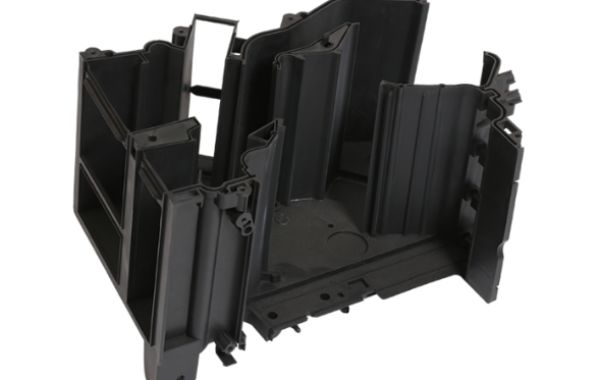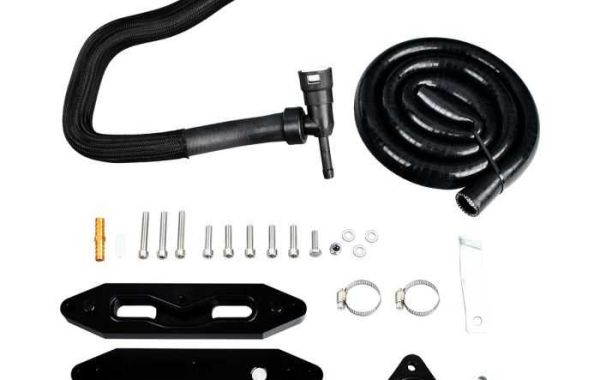The ejection mechanism is another critical aspect of auto parts mould design. It is responsible for smoothly and reliably removing the formed parts from the moulds. The ejection mechanism should be designed to ensure efficient ejection without damaging the parts or the moulds themselves. This careful design consideration helps maintain the integrity of the parts and prolong the lifespan of the moulds.
Venting is an often overlooked but important aspect of auto parts mould design. Adequate venting is necessary to allow air and gases to escape during the injection moulding process. Insufficient venting can lead to defects like air traps or burn marks on the parts. Proper venting ensures the production of high-quality parts without cosmetic or structural flaws.
The impact of auto parts moulds on the overall automotive manufacturing process is significant. By enabling mass production, these moulds contribute to cost efficiency. Economies of scale are achieved as identical parts are produced repeatedly, reducing per-unit costs. Additionally, the consistency provided by auto parts moulds enhances quality control, minimizing defects and reducing post-production rework or rejection.
The use of auto parts moulds also saves valuable time in the manufacturing process. The efficiency of mould design and optimized production cycles result in faster production, meeting demanding schedules and customer deadlines. Moreover, auto parts moulds offer flexibility and customization options. Manufacturers can design moulds to produce custom parts specific to different vehicle models or individual customer requirements. This versatility allows automotive manufacturers to effectively cater to diverse market demands.







